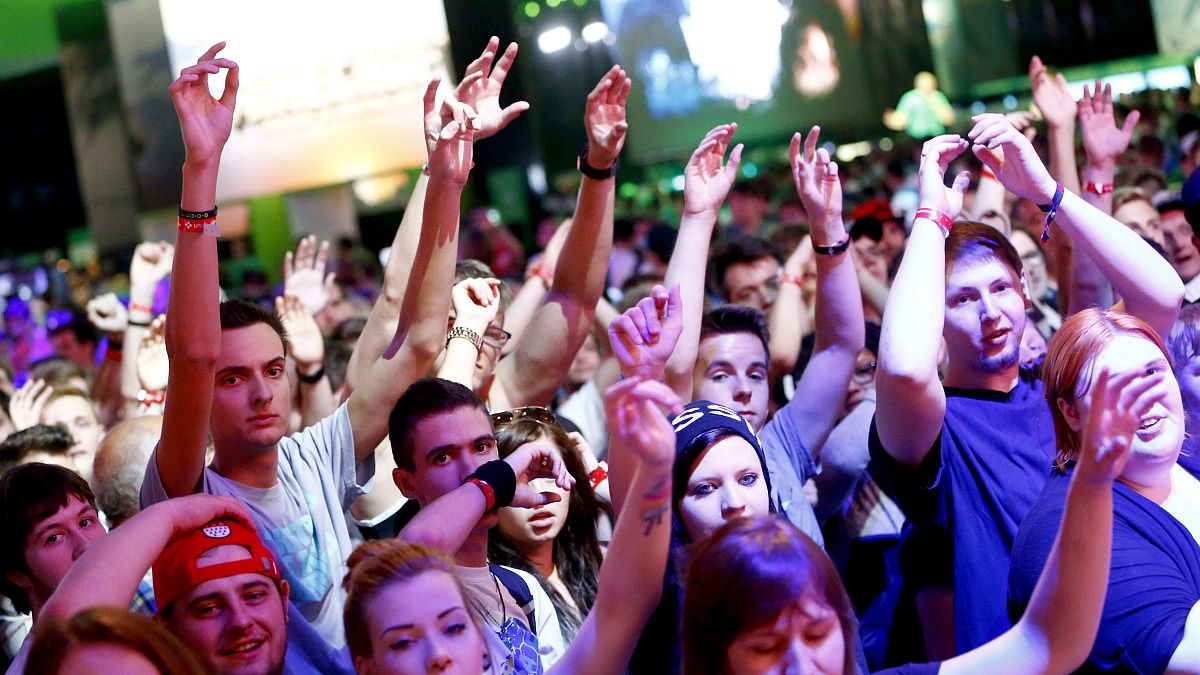Dance then, wherever you may be - but be careful if you live in Germany!
Good Friday, the time when Berlin — Europe’s clubbing capital — becomes a dancing free zone for the entire day.
If this seems surprising, which for many Europeans it is, then it might be more shocking to learn that the majority of states in Germany have a dancing ban on Good Friday out of respect for the religious holiday.
The law dictates that on Good Friday — the beginning of the four-day Easter weekend — it becomes illegal to dance in public for the entire day in 12 out of the 16 German states. The other four states only have a partial ban.
The stricter bans are found in the states of Baden-Württemberg and Bavaria in the south. In these two states, the ban runs from Maundy Thursday and ends at the start of Easter Saturday.
In Baden-Württemberg, background music is allowed to play in public spaces but no one is allowed to dance. A violation of the law carries a fine of up to 1500 euros. While in Bavaria, where things are even stricter, any kind of music playing in bars is forbidden and the fine for disobeying goes up to 10,000 euros.
In the western state of North Rhine-Westphalia where the cities of Cologne and Düsseldorf are located, music and other entertainment events are prohibited in restaurants and bars.
But in Berlin, laws are loosened a bit. The dancing ban is enforced from 4 am to 9 pm on Friday, leaving plenty of time to the capital's clubbers to set loose on the dancefloor.
Other restricted activities public-interest events, drinking at bars, and musical performances.
Twitter users did not let the day go by without mention of the ban, under the hashtag #tanzverboten
So where does this law originate from?
The decades-old ban was put in place so that Christians could observe the Good Friday holiday, which commemorates the crucifixion of Jesus in the Christian faith, in a respectful way.
It is supposed to be a day of mourning for the death of Jesus on the cross and so any frivolous activity is considered inappropriate. The ban on dancing is meant to emphasise the serious and solemn nature of the holiday.
While data compiled by Statista showed that more than half of Germans believe in God, a 2018 study showed that fewer and fewer Christians were regularly attending mass in Germany.
The investigation by the Institute of Economics (IW) in Cologne cited by the newspapers of the Funke media group said that while in 1990, around 30% of Germans went to church, only 22% did in 2015.
Any push back against the ban?
In 2012, Germany's Pirate Party tried to overturn the dancing ban but failed. Demonstrations against the ban in several cities were also outlawed. In retaliation, they have organised public dance events in previous years.
A few years back, German media reported that Bavaria was moving to loosen the ban on dancing during religious holidays.
But a YouGov poll carried out in 2017 found that more than half of German actually found that the dancing ban on Good Friday was good.
